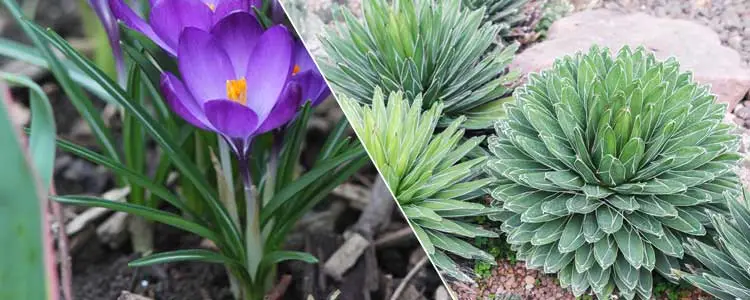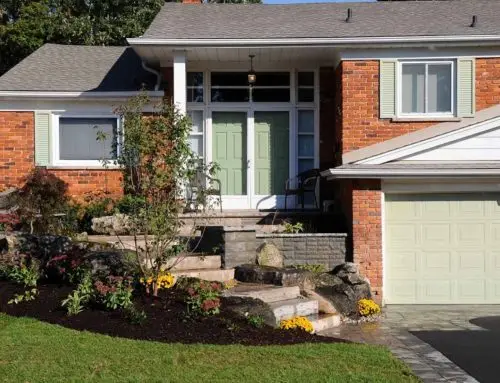Winter is a great time to make plans for your spring planting. But besides choosing which flowers, shrubs and trees to integrate into your gardens, you may want to consider covering the flowerbeds with something other than soil.
Two of the most popular types of ground cover are rocks and mulch, with each offering pros and cons.
Benefits of Using Rocks
Known for their low maintenance, rocks are an excellent choice for high-traffic areas and open bed areas without plants. When walked upon, they stand up to the stress and very rarely need to be replaced. Rocks are also well suited for areas that suffer from drainage problems due to their ability to drain water quickly.
If you’re looking to create an eye-catching entrance with a fountain or statue, rocks can create a great accent.
Benefits of Using Mulch
For property owners that love shapely flowerbeds filled with colourful annuals and perennials, bark mulch is recommended.
Filled with nutrition, bark mulch acts as a natural fertilizer when it breaks down into the soil, which can accelerate the growth of trees and plants. Mulch also decreases the amount of watering needed due to its ability to reduce water evaporation.
Mulch also works as a weed preventative and helps keep the surrounding plants at just the right temperature year-round.
Disadvantages of Using Rocks
The low maintenance and longevity of rock don’t come without a higher price tag! Depending on its type and size, the cost of rock varies; overall, however, it is more expensively priced than mulch when installed and much more cumbersome to handle. Due to its low replacement costs, you typically do save money over time, though.
Because leaves and debris can get stuck in rocks, it may not be a great option for heavily landscaped properties. The addition of a fabric weed barrier is needed to reduce the number of weeds that poke up between the rocks.
Because rocks don’t add any nutrients to the soil, extra fertilizer may be needed when used in beds filled with plants. They’re also typically warmer than beds of mulch, so choose sturdy, drought-tolerant plants such as succulents.
Disadvantages of Using Mulch
Homeowners need to be much more careful when installing a mulch groundcover over rock. If done too early, your flowers may bloom later since it can affect the warmth in the ground. Although mulch prevents weeds from germinating, it may not be as effective at doing so if installed too late into the season.
Mulch looks great when freshly laid, but over time, it fades and breaks down. This means that every one to four years, your mulch will need to be replaced.
It’s important to be mindful of the mulch you choose. Organic mulches such as pine bark and hay may have weed seeds in it, which create additional maintenance.
Having Trouble Deciding? Burlington’s Evergreen Landscapes Can Help!
Choosing to use mulch or rock comes down to your landscape design, budget, climate and personal preference. If you are having trouble deciding what to use on your Burlington property, we are happy to help.





